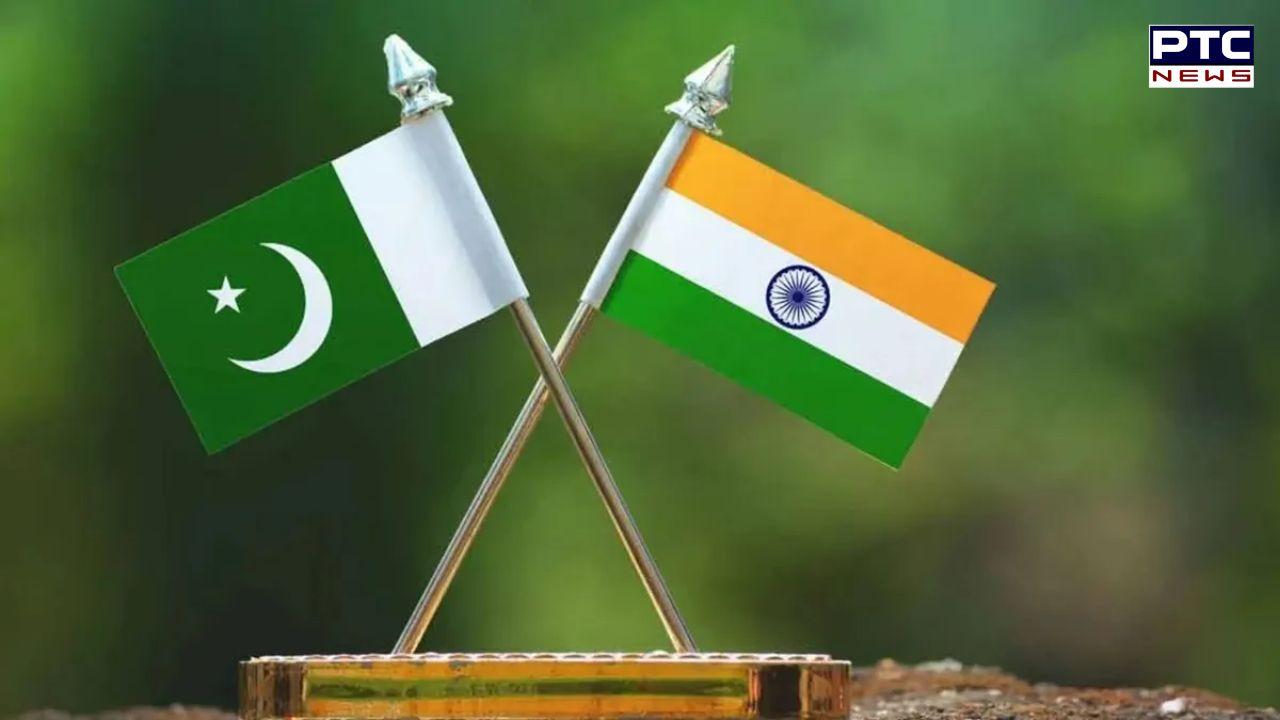From Indus Water Treaty to Simla Agreement: Key pacts signed between India-Pakistan since partition
Union Home Minister Amit Shah personally spoke to all Chief Ministers across the country, emphasising the urgency of the matter.

PTC News Desk: In a strong rebuke against Pahalgam terror attack, India has slapped Pakistan with diplomatic shutdown including suspension of Indus Water Treaty. Besides, the government has also cancelled visas of Pakistani nationals and directed the states to track and identify all the Pakistani nationals and ordered their expulsion.
Union Home Minister Amit Shah personally spoke to all Chief Ministers across the country, emphasising the urgency of the matter. States have been instructed to identify Pakistani nationals currently residing within their territories and take swift action to facilitate their immediate repatriation. Official orders regarding these measures have been issued with immediate effect.
As the Indus Water Treaty stands suspends, here's a look at other key pacts signed between India and Pakistan since partition
Karachi Agreement (1949):
From July 18 to 27, 1949, Indian and Pakistani representatives met in Karachi under the supervision of the United Nations Commission for India and Pakistan’s Truce Sub-Committee. The outcome was a military agreement establishing a ceasefire line in Jammu and Kashmir, marking a crucial step in formalizing the ceasefire post the first Indo-Pak war.
Liaquat-Nehru Pact (1950):
Signed on April 8, 1950, by Indian Prime Minister Jawaharlal Nehru and Pakistani Prime Minister Liaquat Ali Khan, this bilateral accord sought to protect minority communities in both nations in the wake of Partition-related violence and displacement. The pact led to the creation of minority commissions in each country and allowed migrants to return and manage their abandoned properties.
Indus Waters Treaty (1960):
Signed on September 19, 1960, by Prime Minister Nehru and President Ayub Khan, this treaty laid out the distribution of the Indus River system’s waters. India was given exclusive access to the Eastern Rivers (Sutlej, Beas, and Ravi), while Pakistan received rights over the Western Rivers (Indus, Jhelum, and Chenab). The treaty promoted peaceful cooperation in managing shared water resources.
Tashkent Declaration (1965):
On January 10, 1966, following the Indo-Pak war of 1965, Indian Prime Minister Lal Bahadur Shastri and Pakistani President Ayub Khan signed this peace accord in Tashkent (now Uzbekistan), brokered by Soviet Premier Aleksey Kosygin. It mandated a withdrawal to pre-war positions as of August 15, 1965. Tragically, Shastri died in Tashkent the next day.
Simla Agreement (1972):
This agreement was signed on July 2, 1972, by Indian Prime Minister Indira Gandhi and Pakistani President Zulfiqar Ali Bhutto in Shimla, following the 1971 war. It aimed to restore peace and define future relations. A key feature was mutual respect for the Line of Control in Jammu and Kashmir, reinforcing peaceful dispute resolution.
Non-Nuclear Aggression Agreement (1988):
Signed on December 21, 1988, by Prime Ministers Rajiv Gandhi and Benazir Bhutto, this treaty sought to prevent attacks on each other’s nuclear facilities. Implemented in January 1991, it has since led to the annual exchange of nuclear site lists beginning in 1992, promoting transparency and trust between the nations.
Lahore Declaration (1999):
Formalized on February 21, 1999, by Indian PM Atal Bihari Vajpayee and Pakistani PM Nawaz Sharif, this declaration aimed to ease bilateral tensions, especially after both nations conducted nuclear tests in 1998. It reaffirmed commitment to peaceful dialogue, nuclear risk reduction, and people-to-people contact. Despite its promise, the Kargil conflict later that year undermined its goals.
